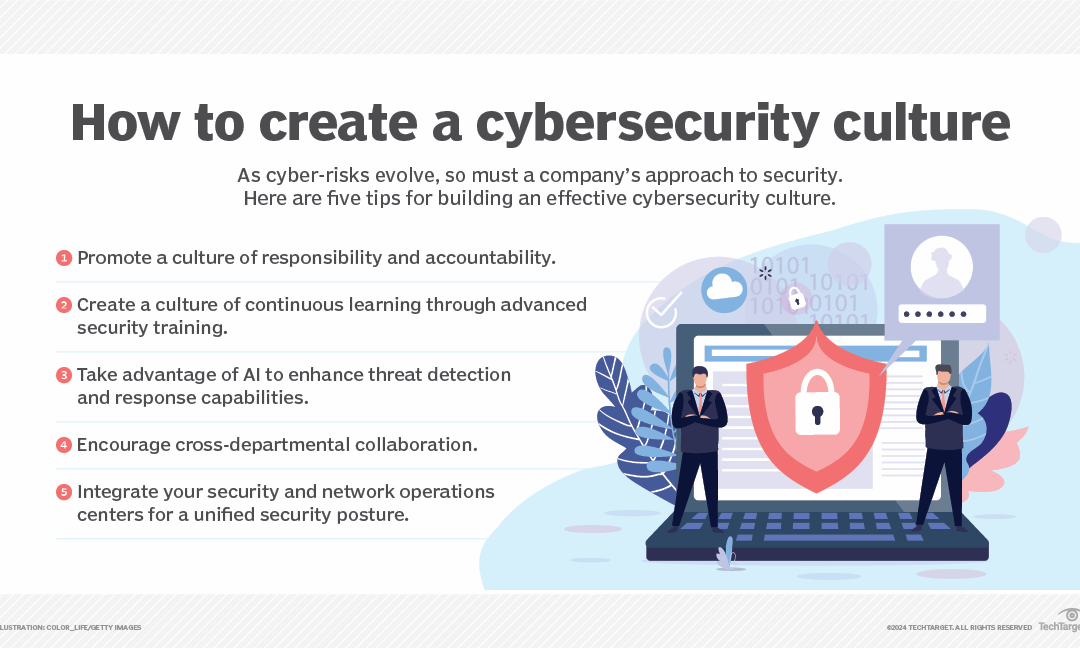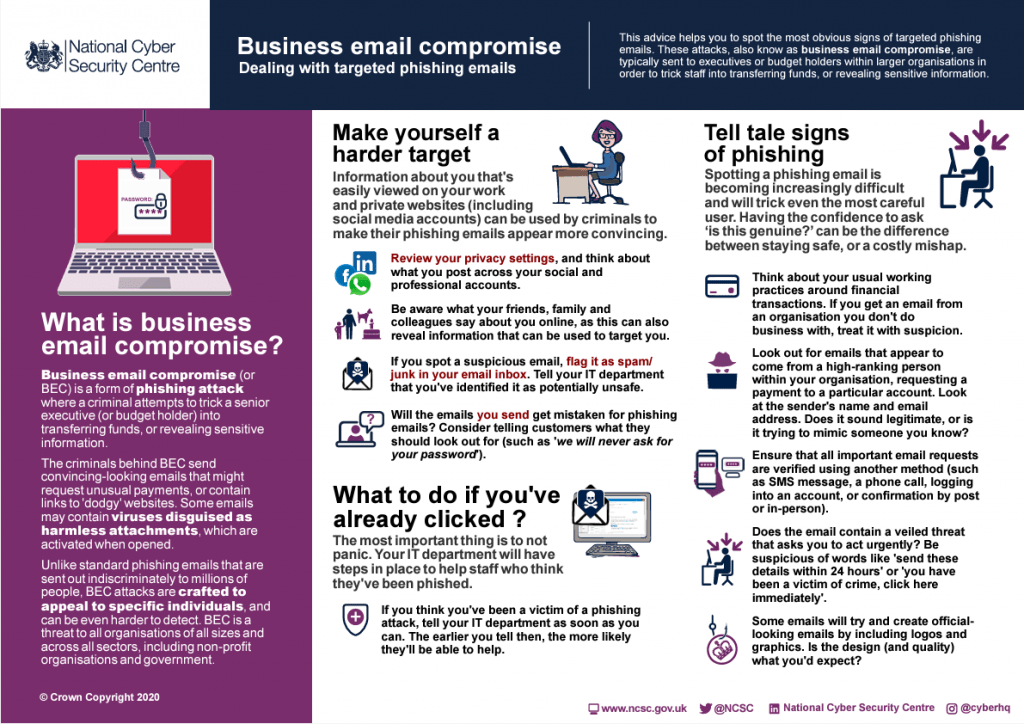Understand the Holiday Season Cyber Threats The holiday season is a time for joy, celebration, and generosity. However, this...


Understand the Holiday Season Cyber Threats The holiday season is a time for joy, celebration, and generosity. However, this...

Cybercriminals steal credit card? Cybercriminals have various methods at their disposal to hack and exploit credit card...

This in-depth cybersecurity planning guide provides information and advice to help organizations develop a successful strategy...

While home health agencies face distinct health IT challenges, collaboration and innovation are crucial for overcoming these...

The umbrella term malware is one of the greatest cybersecurity threats enterprises face. Learn about 12 common types of malware...
In 2023, dental clinics are increasingly falling prey to a variety of cyberattacks, posing significant risks to patient data and practice operations. Understanding the nature of these threats is crucial for implementing effective countermeasures. The key cybersecurity incidents and statistics from the sources provided include:
Ransomware attacks are intensifying, becoming more targeted and malicious. Dental practices, due to their sensitive data and operational necessity, are particularly vulnerable. For instance, Delta Dental of California experienced a breach affecting 6.9 million people. This incident highlights the potential scale of such attacks and the importance of robust cybersecurity defenses.
Phishing and BEC attacks are prevalent, with healthcare email fraud attacks increasing by 473% in the past two years. In these attacks, attackers often pose as legitimate entities to steal sensitive information or initiate fraudulent transactions. In 2019, three members of the American Dental Association received phishing emails impersonating the ADA President. Fortunately, these attempts did not result in a data breach.

The global threat landscape for dental practices is expanding. Cyberattacks aim not just at data theft but also at disrupting operations and financial stability. The healthcare sector, including dental practices, is a lucrative target for cybercriminals due to the wealth of personal and medical information
Data breaches are alarmingly common, and as a result, over 93% of healthcare organizations have experienced breaches in the past five years. Furthermore, in 2018 alone, 503 security breaches compromised 15 million patient records. These staggering statistics underscore the urgent need for effective cybersecurity measures to protect patient information and maintain trust.
Moreover, a concerning trend in the healthcare sector is the reactive approach to cybersecurity. Shockingly, a recent survey shows that 79% of executives are more likely to approve cybersecurity spending only after a breach has occurred. This reactive approach leaves dental practices vulnerable to attacks. Consequently, it emphasizes the urgent need for proactive cybersecurity measures and continuous monitoring to ensure the safety and security of sensitive patient data.
Most security breaches involve human error, underlining the importance of education and behaviour change in establishing a strong cyber hygiene posture. Training employees to recognize phishing attempts, manage passwords securely, and understand the basics of cybersecurity can significantly reduce the risk of a breach.
In response to these diverse threats, dental practices are advised to adopt comprehensive cybersecurity solutions like Western I.T.’s WIT Protect. This service provides a multi-layered defence against cyber threats, including antivirus and malware protection, system backup, and data recovery. Implementing such measures can significantly enhance a dental practice’s security posture, ensuring protection against the evolving landscape of cyber threats in 2023 and beyond.
Rising Cyber Threats in Dentistry
As dental practices become increasingly reliant on digital technologies, the importance of cybersecurity cannot be overstated. The landscape in 2023 demands a proactive and comprehensive approach to cyber defence. By partnering with cybersecurity experts like Western I.T. and implementing robust solutions such as WIT Protect, dental clinics can ensure the safety and confidentiality of their patient data, maintain operational integrity, and uphold the trust of their patients and community.
Worried about being a target for phishing attacks? Protect your company today!
Understand the Holiday Season Cyber Threats The holiday season is a time for joy, celebration, and generosity....
Cybercriminals steal credit card? Cybercriminals have various methods at their disposal to hack and exploit credit...